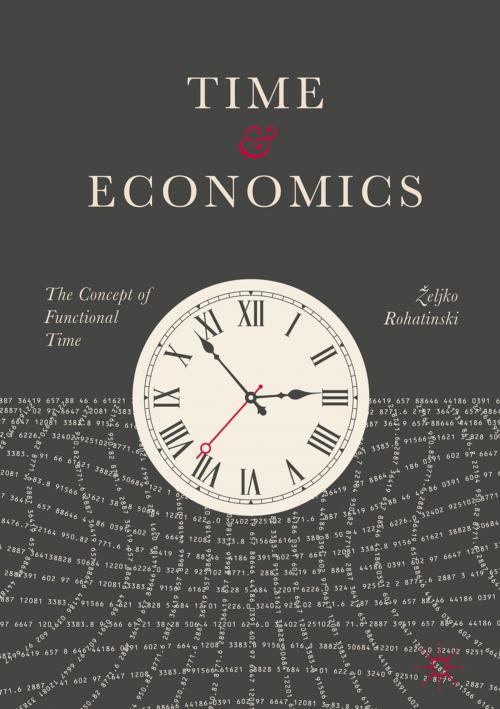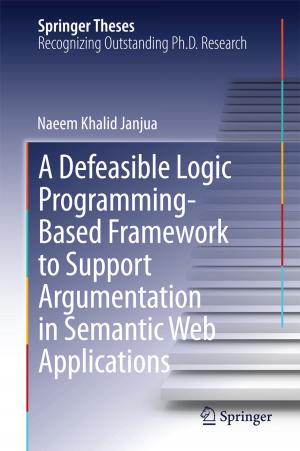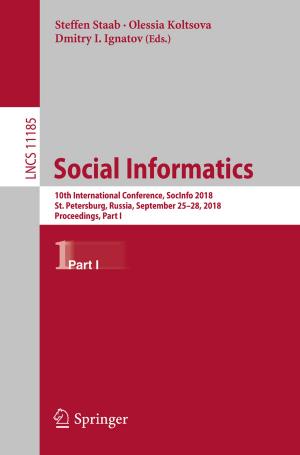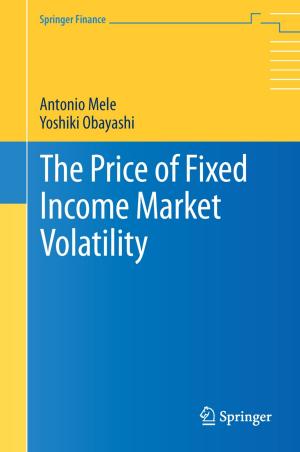Time and Economics
The Concept of Functional Time
Business & Finance, Economics, Theory of Economics, Nonfiction, Science & Nature, Science, Other Sciences, Philosophy & Social Aspects| Author: | Željko Rohatinski | ISBN: | 9783319617053 |
| Publisher: | Springer International Publishing | Publication: | October 9, 2017 |
| Imprint: | Palgrave Macmillan | Language: | English |
| Author: | Željko Rohatinski |
| ISBN: | 9783319617053 |
| Publisher: | Springer International Publishing |
| Publication: | October 9, 2017 |
| Imprint: | Palgrave Macmillan |
| Language: | English |
This book links the philosophical perception of time and Einstein’s theory of special relativity to economic processes, showing that the phenomena of time dilation and length contraction seen in physics can be identified within – and adapted to – an economic framework. The author expands on Marx’s model of reproduction with the additional variable of time, which is represented as a relative or functional category. In addition to allowing a more precise understanding of both static and dynamic relations between economic systems, this concept examines approaches to time proposed by Smith, Marshall and Keynes, and challenges the equilibrium and disequilibrium economic models. Rohatinski suggests that by understanding the differences in economic activity perceived across different time periods we are better able to influence that activity at micro- and macroeconomic levels.
This book links the philosophical perception of time and Einstein’s theory of special relativity to economic processes, showing that the phenomena of time dilation and length contraction seen in physics can be identified within – and adapted to – an economic framework. The author expands on Marx’s model of reproduction with the additional variable of time, which is represented as a relative or functional category. In addition to allowing a more precise understanding of both static and dynamic relations between economic systems, this concept examines approaches to time proposed by Smith, Marshall and Keynes, and challenges the equilibrium and disequilibrium economic models. Rohatinski suggests that by understanding the differences in economic activity perceived across different time periods we are better able to influence that activity at micro- and macroeconomic levels.















